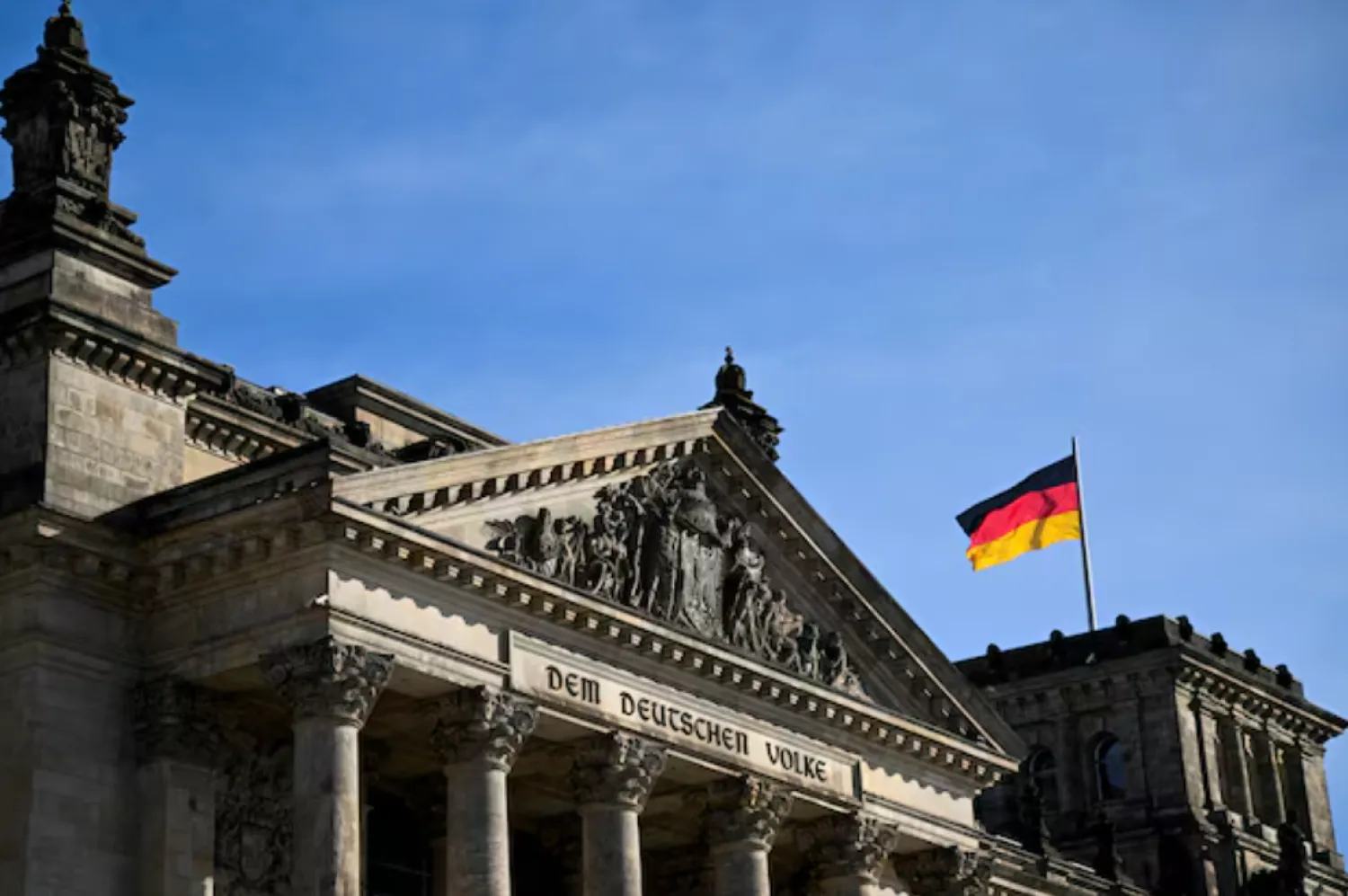Western powers and their allies at a summit in Switzerland denounced Russia's invasion of Ukraine on Sunday, but they failed to persuade major non-aligned states to join their final statement, and no country came forward to host a sequel.
Over 90 countries attended the two-day talks at a Swiss Alpine resort at the behest of Ukrainian President Volodymyr Zelenskiy, billed as a "peace summit" even though Moscow was not invited.
Russia ridiculed the event from afar. A decision by China to stay away all but assured that the summit would fail to achieve Ukraine's goal of persuading major countries from the "global South" to join in isolating Russia.
Brazil attended only as an "observer". And in the end, India, Indonesia, Mexico and South Africa all withheld their signatures from the summit communique, even though some contentious issues were omitted in the hope of drawing wider support.
Still, the conference provided Kyiv with a chance to showcase the support from Western allies that it says it needs to keep fighting against a far bigger enemy.
"We are responding to Russia's full-scale invasion of Ukraine not only with a full-scale defense of human life, but also with full-scale diplomacy," Zelenskiy said.
Leaders including US Vice President Kamala Harris, German Chancellor Olaf Scholz and French President Emmanuel Macron gathered at the mountaintop resort of Buergenstock. US President Joe Biden, in Europe for other events last week, did not attend despite public invitations from Zelenskiy.
The frontlines in Ukraine have barely moved since the end of 2022, despite tens of thousands of dead on both sides in relentless trench warfare, the bloodiest fighting in Europe since World War Two.
In her closing remarks, Swiss President Viola Amherd warned that the "road ahead is long and challenging".
Russia, as it has for weeks, mocked the gathering.
"None of the participants in the 'peace forum' knows what he is doing there and what his role is," said Dmitry Medvedev, Russia's former president and now deputy chairman of the country's Security Council.
'THINGS CAN'T GO ON LIKE THIS'
After initial Ukrainian successes that saw Kyiv repel an assault on the capital and recapture territory in the war's first year, a major Ukrainian counter-offensive using donated Western tanks fizzled last year. Russian forces still hold a fifth of Ukraine and are again advancing, albeit slowly. No peace talks have been held for more than two years.
"We know that peace in Ukraine will not be achieved in one step, it will be a journey," European Commission Chief Ursula von der Leyen said, calling for "patience and determination".
"It was not a peace negotiation because (Russia's President Vladimir) Putin is not serious about ending the war, he's insisting on capitulation, he's insisting on ceding Ukrainian territory - even territory that today is not occupied."
In the absence of a clear path to ending the war, Zelenskiy emphasized practical issues, such as nuclear safety and securing food supplies from Ukraine, one of the world's biggest grain exporters.
The summit's final declaration called for Ukraine's control over the Zaporizhzhia nuclear plant and its Azov Sea ports to be restored. But in line with the conference's more modest stated aims, it omitted tougher issues of what a post-war settlement for Ukraine might look like, whether Ukraine could join the NATO alliance or how troop withdrawals from both sides might work.
"The more allies that can be found to say 'Things can't go on like this', 'This is too much', 'That's overstepping the mark', that also increases the moral pressure on the Russian Federation," said Austrian Chancellor Karl Nehammer.
As Sunday's talks turned towards issues of food security and nuclear power, some leaders left early.
Since initial peace talks in the first months after the Feb. 2022 invasion, Ukraine has consistently demanded Russia withdraw from all its land, while Moscow has demanded recognition of its rule over territory its forces captured.
Last week, in remarks clearly aimed at the conference, Putin said Russia would not halt the war until Kyiv withdraws its forces fully from four provinces that Moscow only partially controls and claims to have annexed. Kyiv swiftly denounced that as a demand for surrender.
"Of course we...understand perfectly that a time will come when it will be necessary to talk to Russia," Ukrainian Foreign Minister Dmytro Kuleba said. "But our position is very clear: We will not allow Russia to speak in the language of ultimatums like it is speaking now."
Western leaders at the summit endorsed Kyiv's refusal to negotiate under such terms.
"Confusing peace with subjugation would set a dangerous precedent for everyone," said Italian Prime Minister Giorgia Meloni.









